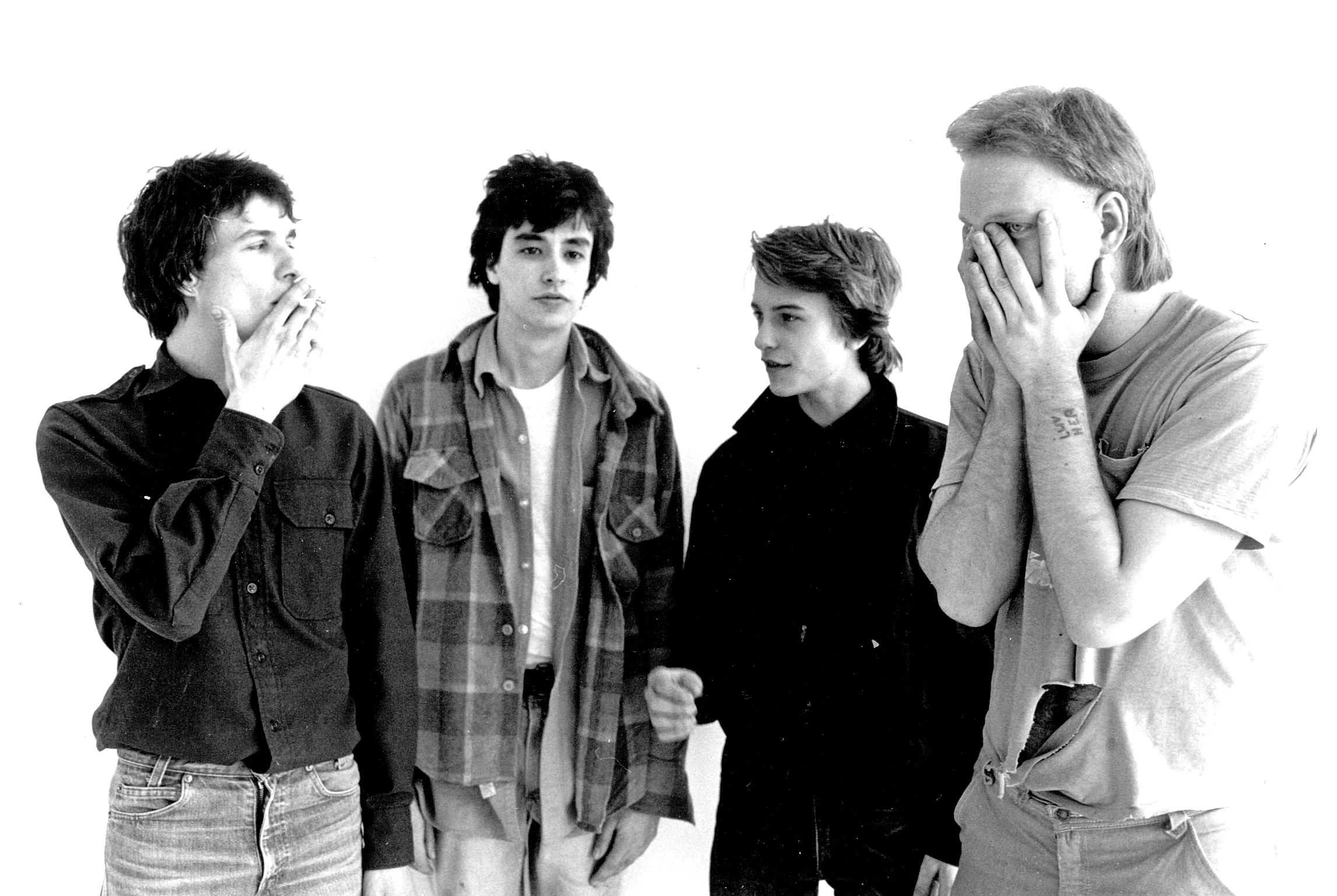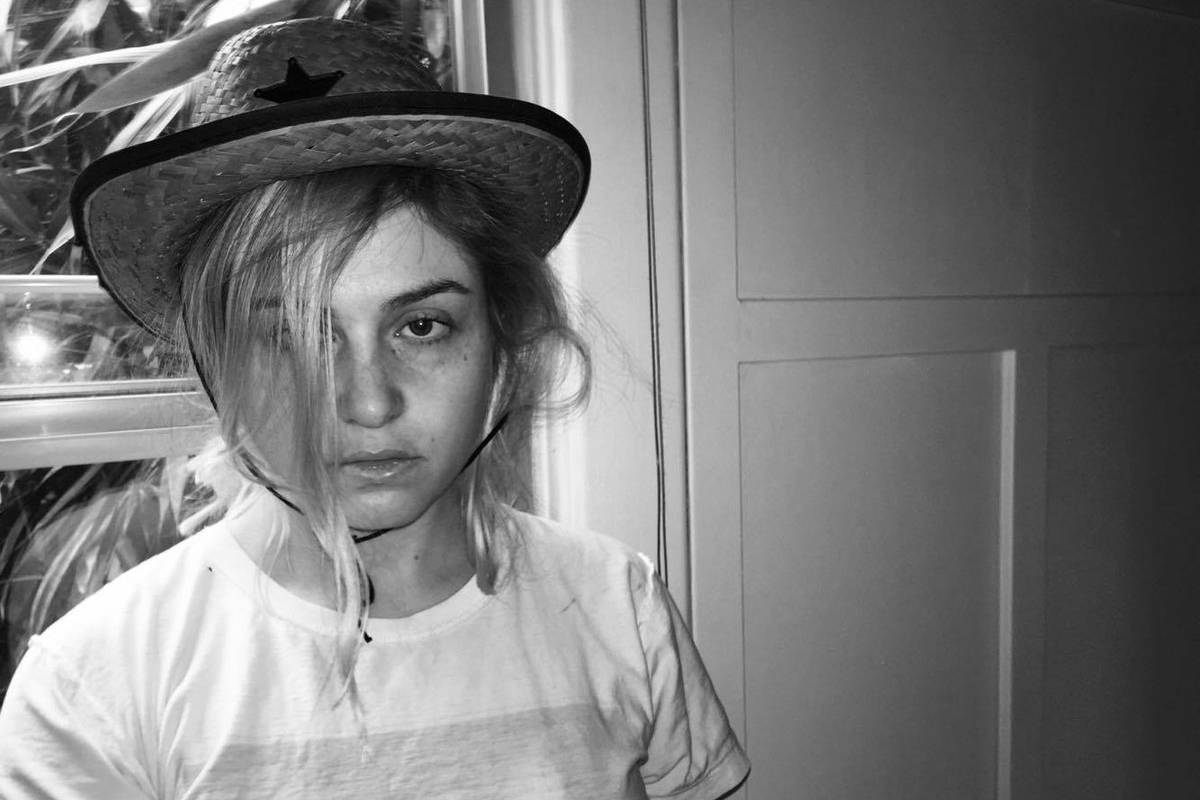The legacy of the Replacements isn’t built on runaway success. It’s almost absurd to think that a band famous for showing up drunk to shows and getting banned from Saturday Night Live would ever headline a gig like Bumbershoot. Largely dismissed by mainstream radio in their own time, the idea that now the Mats are receiving the recognition they deserve feels like a win for the underdog—albeit one 23 years in the making (it’s been that long since the group’s initial breakup). As fate would have it, it’s a bittersweet one, too: Only two original members, frontman Paul Westerberg and bassist Tommy Stinson, will be onstage; original drummer Chris Mars opted out, while guitarist Bob Stinson and replacement drummer Steve Foley have since passed away, and Slim Dunlap, who replaced Bob Stinson in 1986, recently suffered a stroke.
Over seven albums, the Minneapolis group constructed a rock narrative that alternated brash, youthful anthems and heart-wrenching post-punk ballads. It wasn’t until its last two albums that the band started to chart at the bottom half of the Billboard Top 100, though they saw some success on the Modern Rock charts with singles “Merry Go Round” and “I’ll Be You.” The band garnered praise from Rolling Stone and Spin for their diverse sound, which identified as punk but was heavily indebted to their power-pop idols, Big Star.
On the landmark track “Bastards of Young,” vocalist Paul Westerberg proclaims, “God, what a mess, on the ladder of success/Where you take one step and miss the whole first rung/Dreams unfulfilled, graduate unskilled /It beats pickin’ cotton and waitin’ to be forgotten.” It’s a self-referential moment that really defines the band: They were losers, but self-aware enough to want to leave a legacy—even if they didn’t know what exactly that would be.
I was late to the game when it comes to the Mats. The first time I heard them I was sitting in my car at 6 a.m. in Belltown, having just quit my artsy job in favor of a desk, secure pay, and better hours. I had some extra time that first day to think about whether I was a sell-out, and then “Alex Chilton” came on. Its chunky guitar chords and melodic bass were comforting to me—a fleeting punk salute just feet away from the most conventional move of my adult life. In an extremely meta moment, I found myself thinking and feeling exactly what Paul Westerberg warbled on the chorus: “I’m in love/What’s that song?/I’m in love with that song.”
For many, the Mats symbolize more than just raucous guitar tracks. Cumulus guitarist Lance Umble says he was introduced to the band through Bellingham indie-rock outfit Candysound’s cover of “Androgynous.” From there he found the band’s seminal record, Let It Be. He calls it “an album without genre, by a band who was never afraid of what anyone thought about them. The Replacements redefined punk-rock music,” he says, “and I thank them for it.”
For the Mats, redefining punk was more than just a change in sound; their bitter confessionals also ushered in a wave of sincerity in rock. Cataldo frontman Eric Anderson saw this firsthand when his band played “Can’t Hardly Wait” at a Replacements tribute concert. “The response was so insane, we all looked at each other like, ‘Oh, this is why people play in cover bands.’ ”
“The Replacements walk a unique line between brutish and brutally honest, wasted and well-constructed,” Anderson says. “There aren’t a ton of bands that make you pump your fist with a lump in your throat. They do that better than just about anybody.” The Replacements Mainstage, Sun., 6 p.m.
music@seattleweekly.com
Bumbershoot takes place Aug. 30–Sept. 1 at Seattle Center. $62 for single day pass, $175 for 3-day pass. Pick up Seattle Weekly’s print edition for a full schedule and map. Or go to bumbershoot.org for more information. And be sure to check out all our suggestions for music, film, and visual arts.








